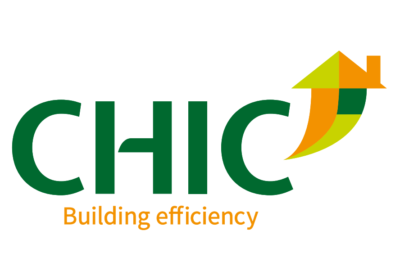Around 17 UK companies were shamed during the last three months for failing to meet standards set by the Chartered Institute of Credit Management.
Over a third of the firms hit by the purge on payment performance came from construction and are major players.
The most serious action taken by the Chartered Institute of Credit Management, which runs the scheme on behalf of the Government, has been taken against John Sisk & Son.
It has been kicked out of the Prompt Payment Code, while six other firms have been suspended for unfairly treating suppliers.
They include industry majors: Balfour Beatty, Costain, Engie Services, Interserve Construction, Kellogg Brown & Root and Laing O’Rourke.
From the housing sector, one of the industry’s most profitable businesses, Persimmon Homes has also been suspended.
The Prompt Payment Code was created by the UK government in 2008 in response to a call from businesses for a change in payment culture.
Businesses suspended from the Code have been invited to produce an action plan setting out how they will achieve compliance within an agreed period.
When they have achieved compliance their status as a Code signatory will be reinstated. If they do not, then they will be removed.
Philip King, chief executive of CICM, said: “The Board is disappointed with the actions of a minority who continue to treat their suppliers unfairly, and has no satisfaction in having to name them publicly.
“As part of our work driving culture change to end late payments, we will continue to challenge signatories to the Code if the obligatory Payment Practice Reporting data suggests that their practices are not compliant with the Code.”
The round of suspensions builds on a government announcement in November, where failure of companies to demonstrate prompt payment to their suppliers could result in them being prevented from winning government contracts.
From September this year, any supplier who bids for a government contract above £5m per annum will be required to answer questions about their payment practices and performance.
The expected standard is to pay 95% of invoices in 60 days across all their business.
Any supplier who is unable to demonstrate that they have systems in place that are effective and ensure a fair and responsible approach to payment of their supply chain may be excluded from bidding.
Kelly Tolhurst, Minister for Small Business said: “The Prompt Payment Code is a positive force for good and by naming transgressors we are supporting small businesses in the supply chain.
“We remain committed to supporting small businesses against poor payment practice and are delighted to see that the Prompt Payment Code Compliance Board has acted to expose those whose payment practices fall outside of their obligations to treat suppliers fairly.”






.gif)















 (300 x 250 px).jpg)































